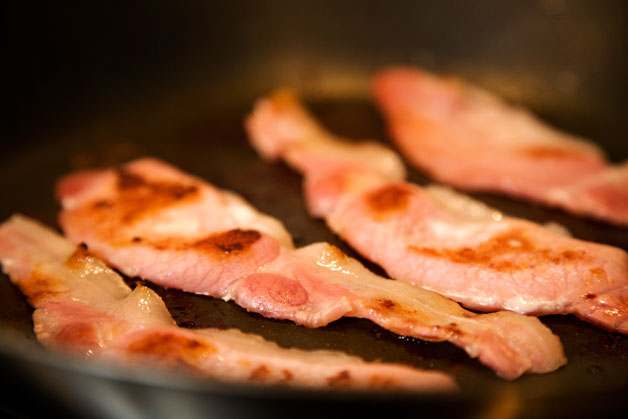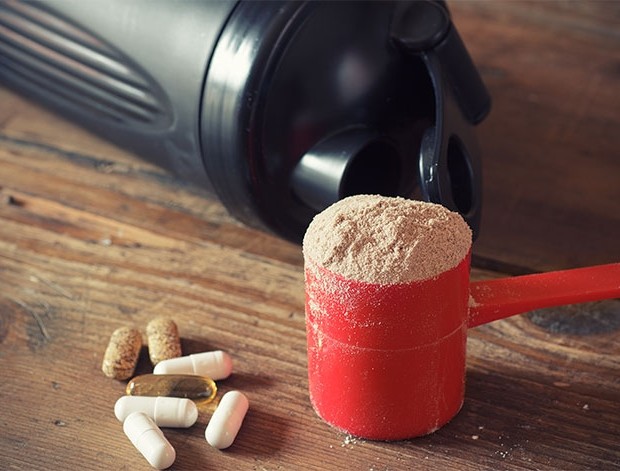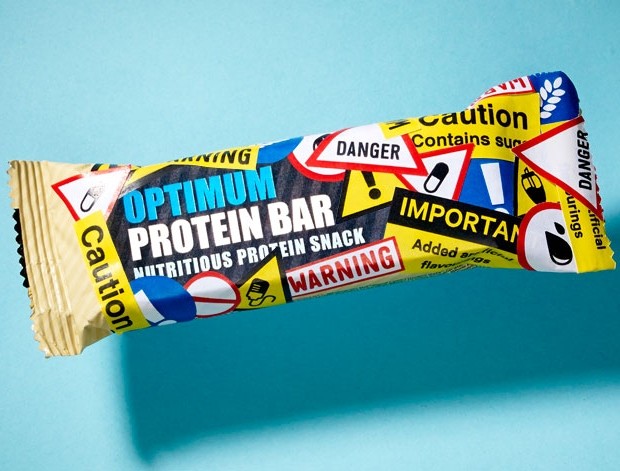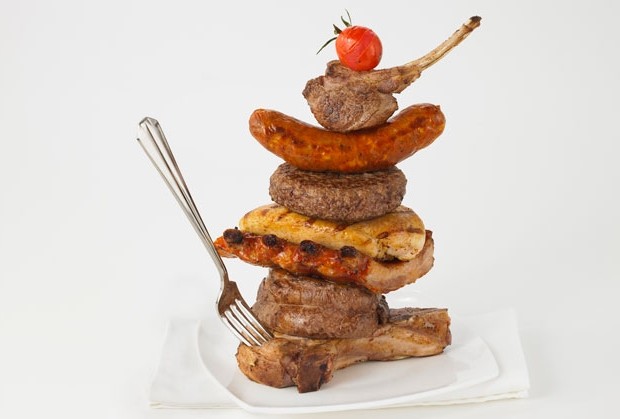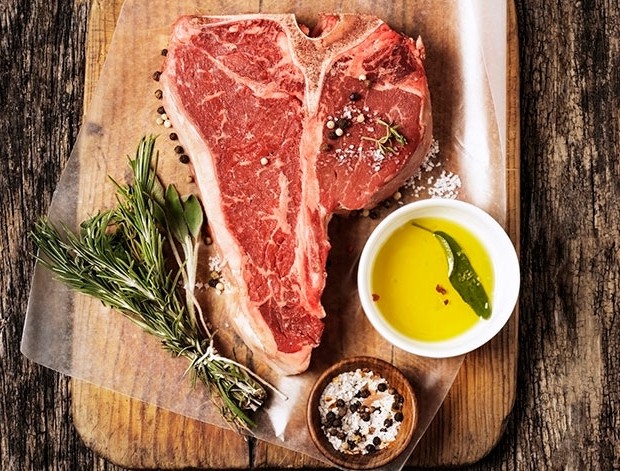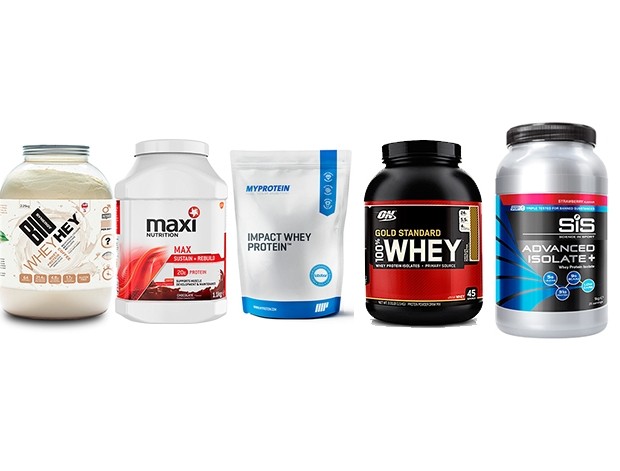Christian Finn of muscleevo.net explains how much muscle fuel means faster growth

Most research shows little benefit to consuming more than 2.2g of protein per kg of lean body mass
Protein guidelines generally fall into one of two camps; a proportion either of how much you eat, or how much you weigh. Both are flawed if you’re looking to build muscle as rapidly as possible.
Take carving it up as a percentage of everything on your plate. The problem is that the numbers are going to be affected in a big way by your total calorie intake. Frankly, it boils down to this: how much protein do I need to build muscle?
For example, 30% protein on a 2000-calorie diet is very different from 30% protein on a 4000-calorie diet despite the fact that the percentages are exactly the same; 150g a day compared to 300g a day.
Considering that your body can only use a finite amount of protein – and that steak is a rather more expensive source of calories than rice – basing a bulking diet on those proportions is a waste of your money.
Tip the scales
Expressing protein intake relative to your weight is better, because it remains the same no matter how many calories you’re eating. So if you were to eat 2g of protein per kg of bodyweight, you’ll be getting the same amount of protein whether you’re eating 1500 or 3000 calories.
But this system is also not without its flaws. Which is why I much prefer to base protein intake on lean body mass rather than total weight. That’s everything in your body that isn’t fat (barring the small amount of essential fat in your bones and internal organs).
If you’re at a cover model style 4% body fat, then there’s obviously not going to be much difference whether protein intake is expressed relative to your weight or lean body mass. But it’s a different story for someone who’s carrying a spare tyre.
Let's say you have an obese man who weighs 135kg. Do you still base his protein intake on total bodyweight? Give him that same 2g of protein per kg and he’ll be taking in a whopping 270g of protein per day.
Our hypothetical overweight man definitely doesn’t need to be eating the equivalent of 10 chicken breasts a day, even if he's looking to build muscle. In fact, most research shows little benefit to consuming more than 2.2g of protein per kg of lean body mass.
If you weigh 90kg with 20% body fat, you have 72kg of lean body mass. Multiply that number by 2.2, and you get a daily protein target of 158g per day. If you weigh 90 kilograms with 10% body fat, you have 81 kilograms of lean body mass. Multiply that by 2.2, and you get 178 grams of protein per day. Far more realistically achieved by upping your steak and eggs intake.
Low and slow
Guys with several years of training behind them may be able to get away with even less. The closer you are to your genetic limit in terms of muscle growth, the slower the gains will come. And the slower your rate of growth, the less protein you need to support that growth.
In short, if you’re trying to gain muscle, or even if you just want to hold on to the muscle you have while you drop fat, 2.2g of protein per kg of lean body mass is plenty.
You can eat more if you like. But it’s not going to make much difference to the speed at which you gain muscle. And it will make a difference to your bank balance.

































